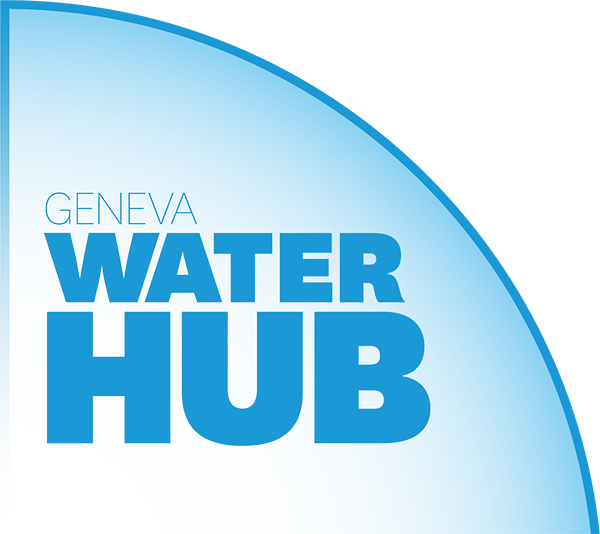Webinar "Insights on the ninth session of the Meeting of the Parties of the Coonvention on the Protection and Use of Transboundary Watercourses and International Lakes"
8 November, 12:30-1:30pm (CET)
The Geneva Water Hub, through its Platform for International Water Law, in partnership with DiploFoundation and the Secretariat of the Convention on the Protection and Uses of Transboundary Watercourses and International Lakes are pleased to invite you to the Webinar on “Insights on the ninth Meeting of the Parties of the Convention on the Protection and Use of Transboundary Watercourses and International Lakes”. The Webinar is organized in the framework of the Distance Learning Course on “International Water Law and the Law of Transboundary Aquifers” offered by the Centre for Continuing and Distance Education of the University of Geneva.
The ninth session of the Meeting of Parties was organized by United Nations Economic Commission for Europe (UNECE) in cooperation with the Government of Estonia, and it took place from the 29th of September to the 1st of October in Geneva, Switzerland. It discussed and reviewed the progress towards achieving Sustainable Development Goal (SDG) target 6.5. The Meeting of the Parties also discussed challenges and good practices related to transboundary water cooperation and the role of the Convention. Over 500 participants, from more than 100 countries, both Parties and non-Parties to the Convention, as well as from joint bodies, international and non-governmental organizations, academia and youth attended this meeting.
Some highlights of this Meeting of the Parties include the signature of a Ministerial Declaration by The Gambia, Guinea Bissau, Mauritania and Senegal with a commitment to establish a framework for cooperation on the Senegal-Mauritanian Aquifer Basin. Moreover, the Meeting welcomed new Parties including Guinea Bissau and Togo. Other countries such as Iraq are concluding the process of accession to the Convention.
There are still many challenges to the achievement of the SDGs. The second report on the SDG indicator 6.5.2 (UNECE, UNESCO, 2021) shows that only 24 countries worldwide have all their shared waters covered by operational arrangements for water cooperation.
Furthermore, several challenges are still faced by countries in cooperating for the joint management of transboundary waters. In order to face these challenges the Secretariat of the Water Convention has developed several tools including the Practical guide on the development of agreements and other arrangements for transboundary cooperation and the Handbook on water allocation in a transboundary context
11 Aug 2021

